
NetEase Games’ ambitious project, Ashfall, invites gamers into a post-apocalyptic world forged by nuclear war and inspired by Eastern culture. This massively multiplayer online (MMO) game combines third-person shooter gameplay with RPG mechanics, delivering a rich, immersive experience. Let’s take a deep dive into what makes Ashfall both intriguing and divisive.
The storyline of Ashfall is set in a world devastated by nuclear war. Humanity clings to survival after AI-triggered volcanic eruptions and environmental collapse have left the planet a hazardous wasteland. Players emerge from the safety of their vault to recover the "Core of Creation," a relic rumoured to save humanity. The game’s narration echoes themes of resilience and determination amidst the ashes of civilisation.
What sets Ashfall apart is its Eastern-inspired environment. The graphic design blends traditional Chinese architecture with a barren wasteland, offering a fresh take on the post-apocalyptic genre. Players will traverse diverse biomes, from scorching deserts to snow-covered peaks, where remnants of ancient cultures meet the scars of technological devastation.
The soundtrack plays a vital role in building the atmosphere. Co-produced by legendary composer Hans Zimmer, alongside Steve Mazzaro and Inon Zur, the music evokes tension and wonder. It’s no exaggeration to say the score transforms mundane moments into cinematic experiences.
At its core, Ashfall is a looter shooter with role-playing mechanics. Players assume the role of a wanderer, customising their approach to combat with nine distinct shooting styles. Whether you dual-wield machine guns for explosive chaos or opt for precision-based sniping, the game offers something for every combat enthusiast. For added variety, puzzle elements are integrated into the gameplay, making exploration more engaging.
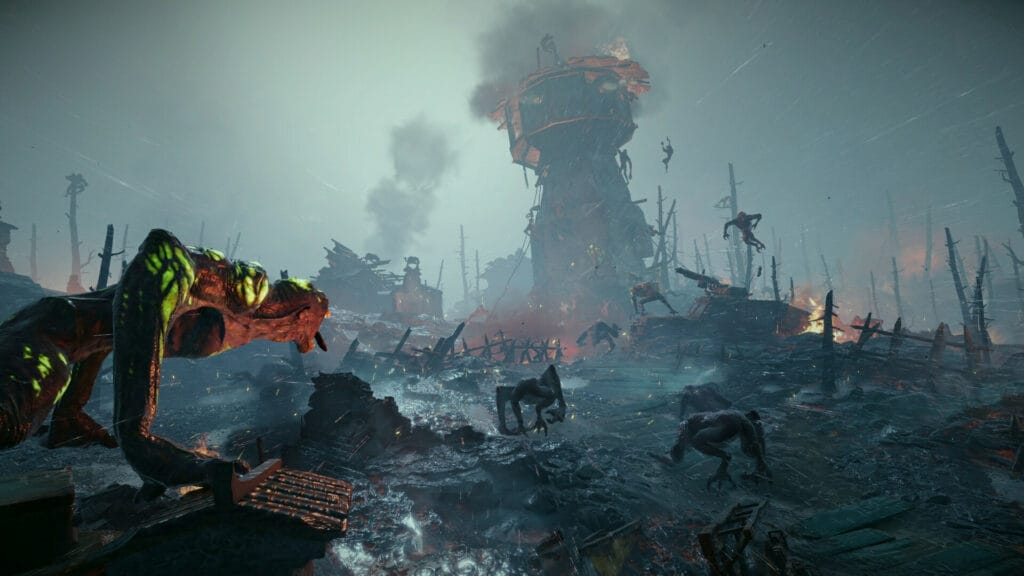
The co-op feature lets players team up in dungeons and PvP zones, although the absence of open-world multiplayer exploration has drawn criticism. Instead, the game relies on instanced zones, accessed through an overhead map. This design choice, while efficient, detracts from the seamless open world experience many players expected.
Despite its strengths, Ashfall struggles with repetitive encounters. Critics argue that limited enemy AI and recycled environments make combat feel predictable. Adding to the frustration are the mobile-inspired stamina systems, which limit how much content players can engage with in one session unless they purchase stamina refills.
For players seeking a break from the main storyline, the Secret Realms provide an exciting alternative. Spanning over 200 km, these expansive zones feature intricate puzzles, combat challenges, and unique loot. The high degree of freedom allows players to experiment with different strategies as they occupy bases or solve mysteries.
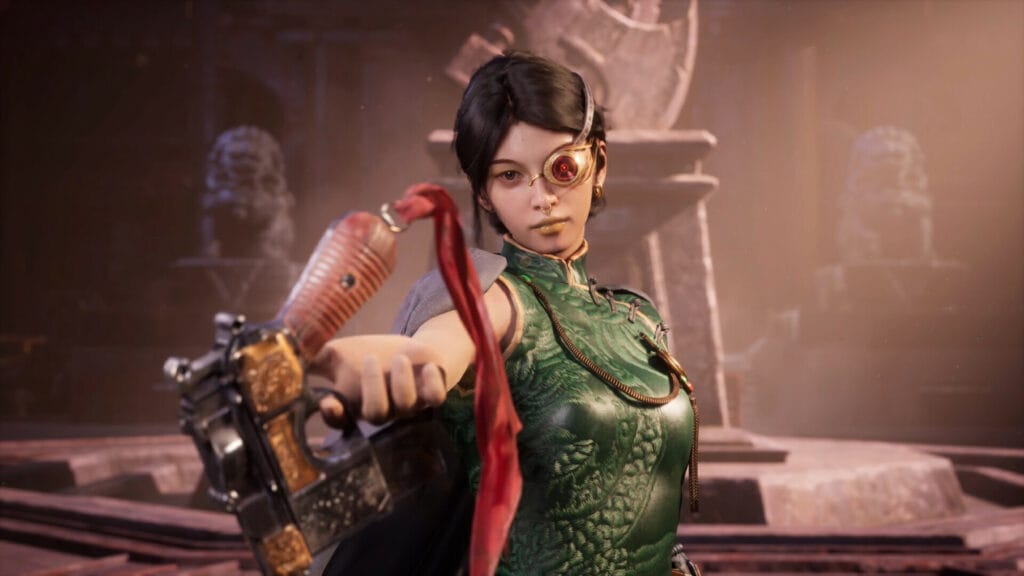
However, not everything shines in these hidden zones. The sheer size of some areas often leads to stretches of emptiness, where players wander for minutes without encountering anything significant. This lack of day-to-day dynamism dampens the thrill of exploration, leaving some gamers feeling underwhelmed.
Ashfall markets itself as a multiplayer online game, yet its massively multiplayer features are limited. Guilds allow for collaboration, offering perks like resource deposit exchanges and minor attribute boosts. However, significant guild content only unlocks at higher levels, making it inaccessible for casual players.
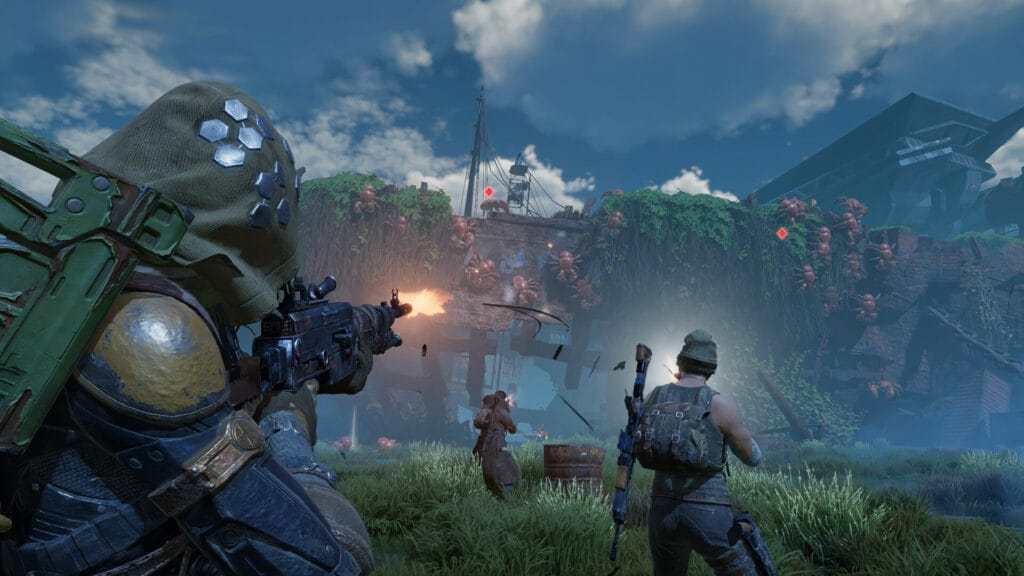
The absence of meaningful social systems—like trading, open-world teaming, or group exploration—makes the multiplayer aspect feel underdeveloped. For a game of this scale, these omissions are glaring, especially for players who were drawn in by promises of robust online features.
One of the most divisive aspects of Ashfall is its monetisation. The game integrates a stamina system, where players regenerate points over time but must wait to access encounters once stamina runs out. Alternatively, players can buy stamina potions, echoing mechanics commonly found in mobile games.
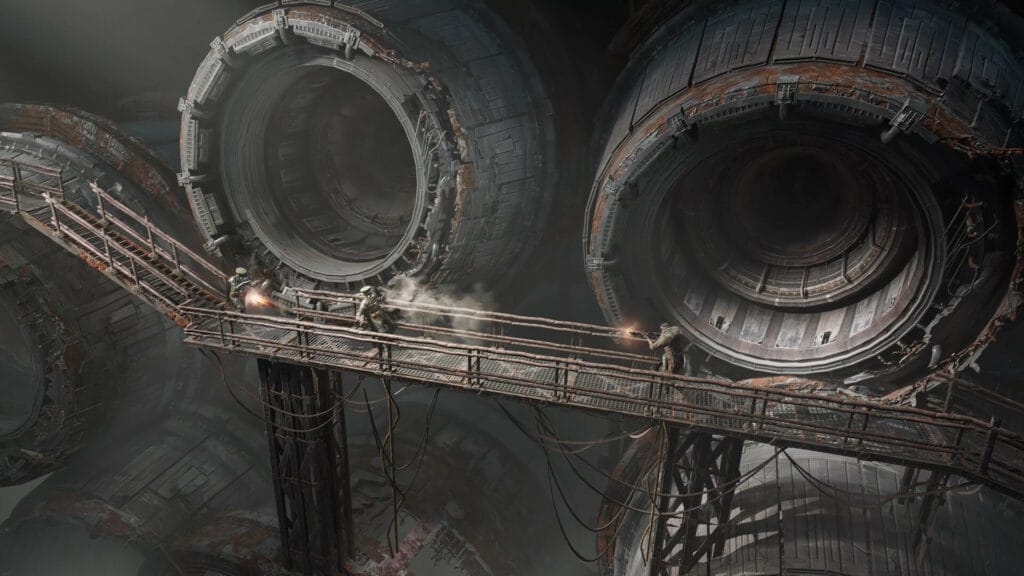
Additionally, premium chip crates offer powerful character upgrades, raising concerns about pay-to-win mechanics. High-tier chips significantly enhance attributes and weapon stats, making them indispensable for competitive play. Critics argue that this system favours players willing to spend money, creating an uneven playing field.
Technically, Ashfall is a mixed bag. Its graphic fidelity is stunning, with lifelike weather effects, beautifully rendered characters, and diverse biomes. The volcanic ash scattered across the landscape adds a haunting touch to the world’s design. Yet, these visuals come at a cost—performance issues like long screen loading times and occasional bugs disrupt the experience.
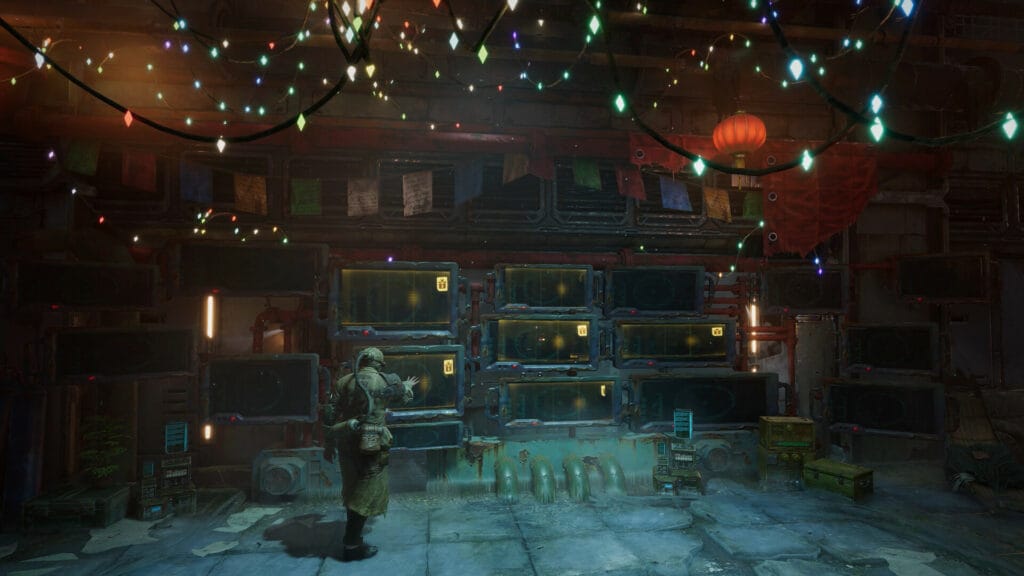
The UI, clearly optimised for mobile devices, feels clunky on PC, adding to player frustration. Still, the game’s dynamic environment, including time-of-day changes and realistic weather, showcases its potential for immersion.
Despite its flaws, Ashfall has moments of brilliance. Its fusion of Eastern culture and post-apocalyptic themes offers a fresh take on the genre. The trailer for Ashfall highlighted these elements effectively during its 2022 showcase, capturing the imagination of players.
The game's aesthetic and soundtrack are nothing short of cinematic. Players traverse a caldera of ruins and ash, battling mutants and mechanical horrors with ever-evolving tactics. It’s a gaming experience that feels epic, even if the execution isn’t always flawless.
From its martial arts-inspired combat moves to the ornate designs of its buildings, Ashfall embraces its roots. The addition of notable actors like Lee Byung-Hun, Ha Jung-Woo, Lee Hae-Jun, Kim Byung-Seo, and Jeon Hye-Jin brings a touch of cinematic grandeur to its presentation. This tv series-like attention to character detail enriches the narrative.
The game’s themes also resonate with players in regions prone to volcanic eruptions. Just as Baekdu in Korea symbolises both beauty and danger, Ashfall juxtaposes serene cultural motifs with the danger of a devastated world.
Interestingly, Ashfall’s depiction of volcanic ashfall and nuclear devastation aligns with real-world studies. The geological survey of its world reveals layers of volcanic activity, tying its narrative to familiar hazard preparedness themes. These details add a layer of authenticity, bridging the gap between fiction and reality.
In the end, Ashfall is an ambitious game with grand ideas. It combines volcanic landscapes, cultural depth, and engaging mechanics into an experience that could shine brighter with refinements. Its reliance on stamina systems and limited multiplayer online features hold it back, but the foundation is solid.
For players eager to explore a post-apocalyptic world inspired by Fallout, Ashfall offers a journey through ashes and ambition. Whether you’re a fan of looter shooters, a gaming enthusiast, or simply curious, this game is worth a look—just be prepared for both the brilliance and the flaws.